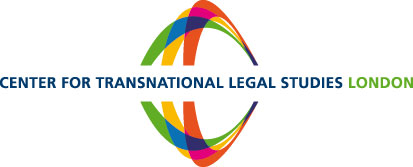
Faculty Papers & Publications
Document Type
Article
Publication Date
8-18-2012
Abstract
It is a natural experiment: two highly integrated national economies, sharing a vast continent, a common language and hundreds of years of common experience. They are bound by a free trade agreement which has fostered strong trade flows in goods, services and capital. Yet, in important respects, the structural characteristics of their financial institutions, and the regulatory framework in which they operate, are different, so different in fact, that one country has been crippled for several years now by the global financial crisis and the other has emerged virtually unscathed. The countries, of course, are Canada and the United States. The financial sector in the United States, and its regulation, has been exhaustively documented. Much less consideration has been given to the Canadian side of finance. But in light of the performance of each country in response to the global financial crisis, perhaps it is time to take a closer look. The discussion which follows focuses on one particular corner of the financial sector, asset managers and is based on a study undertaken for a collaborative work on asset manager liability published by Oxford University Press in 2012.
Recommended Citation
Jordan, Cally, "A Natural Experiment: Asset Manager Liability" (2012). Faculty Papers & Publications. 5.
https://scholarship.law.georgetown.edu/ctls_papers/5
Included in
Corporate Finance Commons, Economic Policy Commons, International Business Commons, International Law Commons, Law and Economics Commons, Securities Law Commons

Comments
The author is also affiliated with the European Corporate Governance Institute (ECGI) and the Center for Transnational Legal Studies (London).